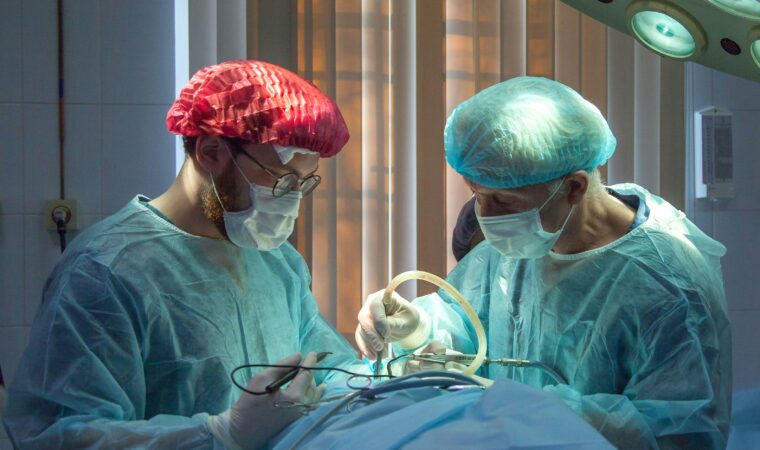In 2016, billionaire inventor Elon Musk launched Neuralink, an ambitious project determined to use brain computer interface (BCI) technology to ultimately restore motor function in people with paralysis. BCI technology isn’t new, nor limited to Musk’s trial. It’s also not advanced enough to restore function in humans. But the first human to trial a Neuralink brain chip has opened up about his unique experience controlling a PC mouse entirely by thinking about it.
The Beginning of Neuralink
Neuralink received FDA approval for human clinical trials last May, and in September 2023, opened up its first human trial, the Precise Robotically Implanted Brain-Computer Interface (PRIME) study. It recruited people with quadriplegia from cervical spinal cord injury or amyotrophic lateral sclerosis. The trial chose one subject: Noland Arbaugh, age 29.
In February, Musk reported the patient had recovered, the implant was functioning, and neurons were spiking. By functioning, he was referring to the subject’s ability to use the device to control a PC.
Then last week, on March 20, Neuralink posted a video update to social media showing Arbaugh using the technology to play a digital version of chess, while discussing how living with it changed his life.
After sustaining an SCI during a diving accident eight years ago, Arbaugh shared that he wanted to volunteer for the trial to be a part of something that he felt “could change the world.”
He expressed excitement about pulling an all-nighter playing the strategy game Sid Meier’s Civilization 6 and to excel at Mario Kart 8: Deluxe. He’s also learning French and Japanese with ease and has reported improved reading skills.
The surgery required to implant the chip is an invasive procedure performed by a surgical robot. A section of the skull is cut away and a collection of ultra-thin threads that contain electrodes are inserted. There they actually record neural activity, transmitting it via implant to a Neuralink app, which decodes the data and moves the PC cursor.
Ultimately, the organization hopes a future trial will afford participants the opportunity to move paralyzed limbs. Neuralink also plans to explore the use of implants to stimulate regions of the brain in order to help blind patients to see with the aid of cameras.
You can sign up for Neuralink’s trials on the website and follow other organizations exploring brain computer interface technology, too.
Writing the Future of Spinal Cord Injury Technology
While millions of people with spinal cord injuries follow news media about progressing BCI technology and closely follow the process of Neuralink’s work, opinions about both the science within the scientific community and the organization’s methods have been varied.
Neuralink came under fire in 2022 with a Reuters report surrounding the treatment of animals used in its pre-human trials that caused needless death and suffering. Neuralink has also been criticized for failing to register the recent human trial in the public database ClinicalTrials.gov for the sake of transparency and accountability.
Contact our firm for help with a spinal cord injury claim.
